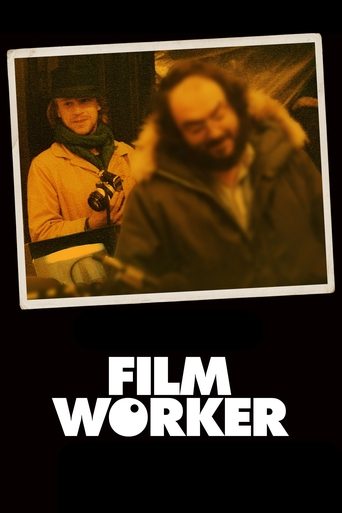
11 May 2018

Filmworker
The story of Leon Vitali, who surrendered his promising acting career to become Stanley Kubrick's devoted right-hand man.

The Light He Took Away was the Light That He Became.
The life of Donald M. Morgan, one of Hollywood’s most prolific artists, is a unique, rags-to-riches story about a man who’s had a life-changing effect on the people around him, both personally and professionally. By sharing stories of his lengthy career, working with filmmakers like Robert Zemeckis, John Carpenter and Joseph Sargent, Morgan recounts pivotal moments in the art of filmmaking for over four decades, through interviews with fellow greats Owen Roizman (The Exorcist) and Jack N. Green (Unforgiven). But at the heart of the film is an emotional journey along the road to recovery in an industry that is ripe with dysfunction and addiction. Inspiring, heartbreaking, and funny, “Cinematographer” shares the story of one of the film industry's finest human beings.
Self

11 May 2018

The story of Leon Vitali, who surrendered his promising acting career to become Stanley Kubrick's devoted right-hand man.
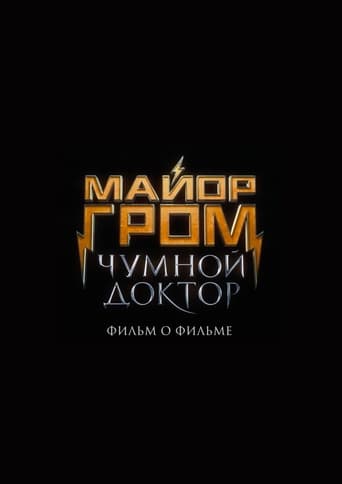
03 Nov 2022

Additional materials for "Major Grom: Plague Doctor" (2021).
18 Nov 2013
The Invisible Subtitler is an independent documentary about the use of subtitles in cinema and the life of subtitlers themselves, focusing on the economic issues faced by the subtitlers and how they are currently invisible in the globalized business of the film industry.
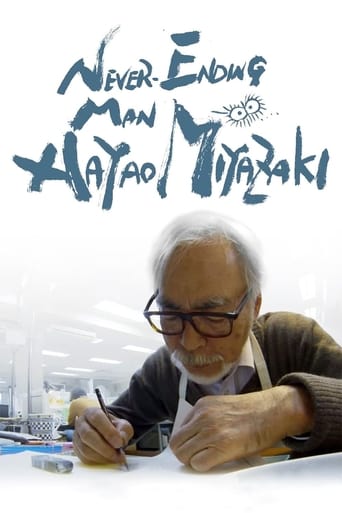
14 Nov 2017

A look at legendary Japanese animator Hayao Miyazaki following his retirement in 2013.
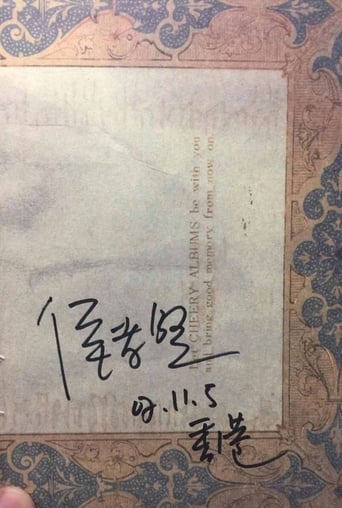
12 Nov 2007

Chinese film school students and the professors from the Greater China Region gathered together at Hong Kong Baptist University to discuss the many serious film issues in the region.
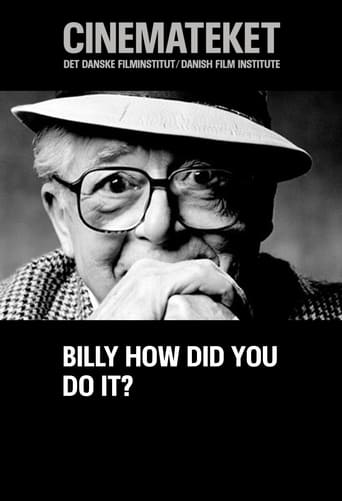
25 Jan 1992

An interview between Volker Schlöndorff and Billy Wilder.
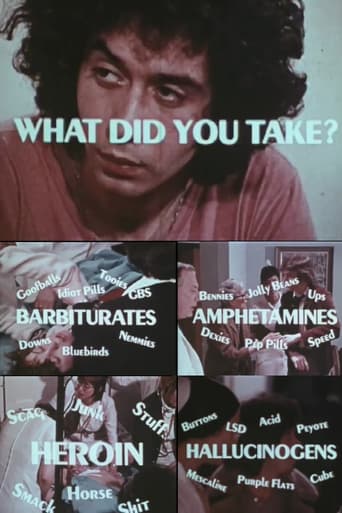
23 Jan 1971

Stresses recognition and treatment of drug abuse emergencies, accurate identification of symptoms, and immediate clinical procedures. Presents scenes of actual cases in the emergency room and adjoining physician's offices of Beth Israel Medical Center in New York City. Viewers observe emergency treatment of patients in the major classes of drugs commonly abused, opiates, depressants, stimulants, and hallucinogens. The film demonstrates to health professionals that successful management of drug overdoses can save most lives and avert additional organic and psychiatric complications.
02 Dec 2019
A brand new feature-length documentary featuring new interviews with the cast and crew of Anna and the Apocalypse, produced exclusively by Second SIght Films for their 2-disc Blu-ray release of the movie.
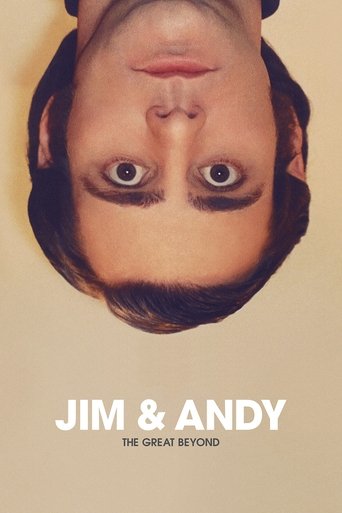
05 Sep 2017

Offbeat documentarian Chris Smith provides a behind-the-scenes look at how Jim Carrey adopted the persona of idiosyncratic comedian Andy Kaufman on the set of Man on the Moon.
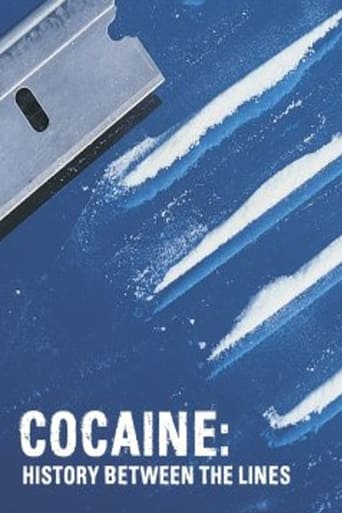
30 Aug 2011

Cocaine has always gotten a bad rap, and for a reason. It is a drug used by the rich and the poor legally and illegally, Mexican cartels fought over it with Colombia once associated with the brutal cocaine wars, and a source of tension between the American and Mexican borders on the people who are illicitly bringing in cocaine from one side of the border to another and will do anything to do it. So it can be surprising at times to the viewer throughout the course of the documentary special, that it was never always like this.
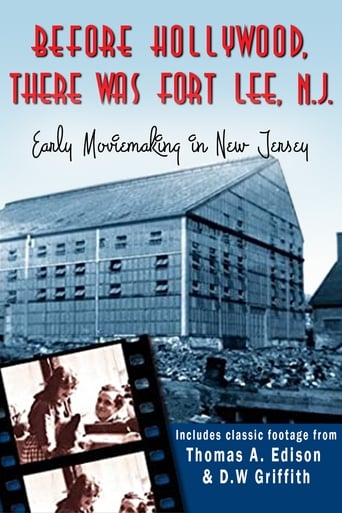
01 Jan 1964

Amazing, but true: Fort Lee, New Jersey (just across the George Washington Bridge from Manhattan), was once the epicenter of American film production. This documentary of a truly bygone era combines photographs culled from private collections, as well as restored footage from such films as Thomas A. Edison's Rescued from an Eagle's Nest and D.W. Griffith's The New York Hat, filmed at the studios in Fort Lee.

23 Jan 1970

A Cristian educational film that tells the story of a former drug addict, Mark Lindley, and his recovery through finding God.
01 Apr 1997
Mickey Rooney is interviewed by Robert Osborne.
15 Dec 2003
A short documentary about the making of the 1956 film, High Society. Hosted by Celeste Holm.
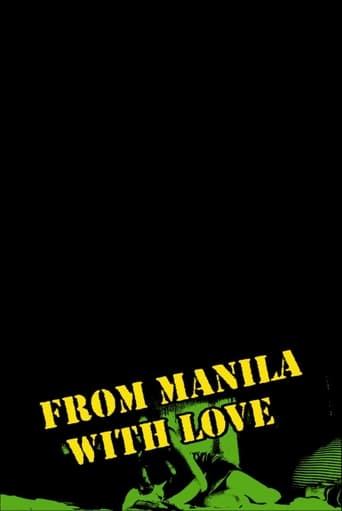
21 Jun 2011

Retrospective documentary on the making of the 70's women-in-prison exploitation cult favorites "The Big Doll House" and "The Big Bird Cage".
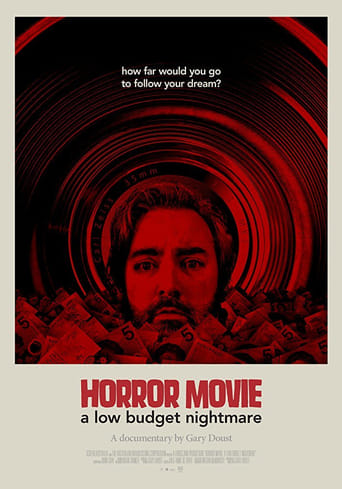
13 Oct 2017

A filmmaker's lifelong dream quickly becomes his worst nightmare when he attempts to make a low budget horror film about an aborted fetus that seeks revenge on its family.
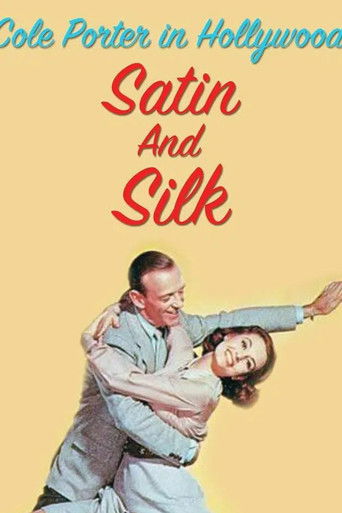
22 Apr 2003

This documentary short subject details the making of the 1957 MGM musical, "Silk Stockings". Hosted by its star Cyd Charisse, the film gives behind-the-scenes glimpses of how this film was made with interviews by musical director Andre Previn and supporting actress Janis Paige.
06 Sep 1982
A polemic against Werner Herzog and the making of "Fitzcarraldo", exploring the question of the filmmaker's ethical and moral responsibility.
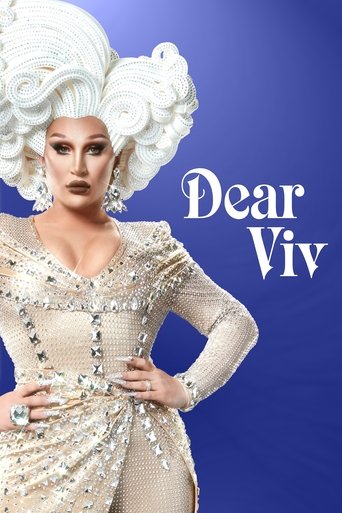
28 Aug 2025

A tribute to drag superstar, The Vivienne. Friends and family share touching stories of the RuPaul's Drag Race UK winner and her legacy. Her spirit lives on through unreleased footage, showcasing her unique personality and how her passion for entertaining left a mark in the world. Interviews with her dearest drag sisters Baga Chipz, Michael Marouli, Danny Beard, Tia Kofi, Cheryl Hole and more.
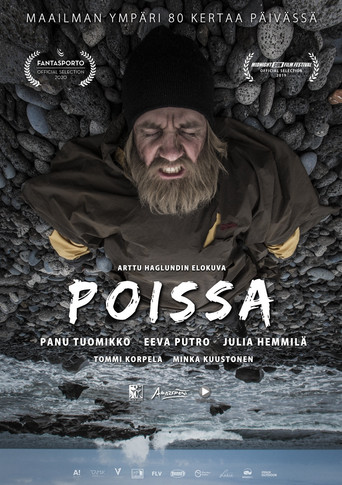
14 Dec 2020

Documentary film about the making of Arttu Haglund's feature film Gone.